Welcome to Thunderdome, where the vibe is Miller High Life — which should only ever be enjoyed in a longneck as befitting the champagne of beers — and a Kamala Harris campaign that is turning from ebullience to despondence in short order. As my colleague Amber Duke and I discuss in the latest Thunderdome podcast, the refrain is a simple one: the joy is gone. The summer vibes that once sent a thrill down the pant-legs of everyone on the set of Morning Joe, including Mika and her lower-T colleagues, are now reduced to a point of constant contention: what is Kamala doing wrong — and how can she right the ship? And: why can’t Tim Walz be more like Josh Shapiro? And, even more: why won’t Joe Biden just shut up?
The answer to that final question is obvious: he no longer cares if Kamala Harris wins or loses. Nancy and Barack and Chuck made their bet. He is content to let her dangle. And in that dangling, she is repeating the mistakes of the past — as Alex Shepherd writes at the New Republic:
Five years ago, Harris entered the primary with an expansive message that was ideally suited for a general election campaign. When that primary quickly became the most policy-heavy in American history, it faltered. Now, having been anointed her party’s nominee without a primary, Harris doesn’t have to do most of the things she struggled with five years ago. She doesn’t have to engage in drawn-out, detailed policy discussions or engage in the delicate maneuvers and triangulations crowded primaries require. She can run the kind of campaign she instinctively wants to: one built on broad strokes and big themes. Harris’s core message — that it’s time for her party and the country to come together to finally exit the Trump era — resonates far better when she is leading a presidential ticket than it did when she was competing with a dozen other challengers.
But the flaws in Harris’s approach are as clear now as they were five years ago — and they could prove to be just as disastrous now as they were then.
Five years ago, Harris’s campaign failed in large part because she couldn’t offer a larger vision for her party or the country. Then, as now, she talked about the need to lift up the middle class and to promote freedom and decency at home and abroad. But even as she has slowly fleshed out her platform, it’s still not clear what her main policy priorities would be as president. There is a general suspicion that she intends to retreat slightly from Biden’s robust, worker-friendly economic agenda and that her presidency would be more corporate friendly. (Indeed, in a big speech laying out her economic agenda, Harris echoed the vagueness of her 2019 Times interview, promising to eschew ideology and instead take “good ideas from wherever they come.”)
But what she has articulated amounts to a grab bag of ideas on par with what she offered in the last Democratic primary: a mix of progressive and neoliberal policies (with lots of tax credits and populist bromides) that suggests no real core ideas about domestic policy. Five years ago, Harris tried to dodge the question of what the Democratic Party should be and how it should govern; today, it’s still not clear she really has an answer.
A campaign that can be reduced to “I am not physically the same person as Joe Biden” is a campaign in desperate need of a message. The problem for Kamala is that time’s a-wasting — and she seems to be tracking not toward finding her footing, but toward new speed-bumps, including ones set up by the very media figures who very much want her to win. If she ends up being the sacrificial lamb this cycle, it won’t be for lack of effort to turn her into a winner. It will be because she played it too safe, misread the electorate and thought the vibes could save her. They never do.
Trump’s breaking through the blue wall
At least according to the pollsters.
New Quinnipiac University polls show Donald Trump gaining in the Rust Belt states central to Kamala Harris’s campaign, including taking a slight lead in Michigan.
The polls, conducted October 3-7 and released on Wednesday, found that in a hypothetical two-way match-up, Harris leads Trump by 3 percentage points in Pennsylvania, 49 percent support to 46 percent. Trump, meanwhile, leads by three percentage points in Michigan, 50 percent to 47 percent. The race is even closer in Wisconsin, with the candidates neck and neck: Trump at 48 percent and Harris at 46 percent. All three results are within the margins of error.
The results represent troubling signs for Democrats: Harris’s lead appears to be shrinking in key battlegrounds as Election Day approaches. In Quinnipiac’s poll conducted in mid-September, Harris held a lead in Pennsylvania and Michigan with the race essentially tied in Wisconsin.
Trump is set to hold a pair of campaign events Wednesday in Pennsylvania, including a rally in Reading and an event in Scranton, the hometown of President Joe Biden.
When it comes to issues, the Quinnipiac poll shows Trump leading Harris across all three states on the economy and immigration, similar to last month’s poll. Harris leads Trump on preserving democracy in Pennsylvania and Wisconsin, and on abortion in all three states.
More here. The general takeaway: Harris is going to have to make up for the trendlines in Wisconsin, Michigan and Pennsylvania. But where?
Democrats in Michigan raise alarms
It’s not going well with black male voters.
Democrats are deploying prominent black surrogates to Michigan to deliver an urgent plea: black men, we need you.
It’s a concerted push, involving the likes of NBA hall-of-famer Magic Johnson, New York attorney general Tish James, Democratic Party elder Representative Jim Clyburn, Gen-Z Representative Maxwell Frost and actress Kerry Washington in Detroit, which is nearly 80 percent black, and the surrounding area. And it’s the latest sign that the Kamala Harris campaign — and Democrats more broadly — see trouble on the horizon. Harris has built up a small advantage in Michigan, but soft turnout among black voters could cause that lead to vanish in the face of a motivated Republican base.
Three dozen black Detroiters, including strategists, activists, clergy, elected officials and likely voters, the vast majority of them men, told Politico about their concerns with the campaign’s outreach to black voters. Some said their appeals come off as condescending. Others added that party officials and surrogates often question their intelligence if they inquire about how their lives will change under a Harris administration. Others lament the campaign hasn’t reached out to enough well-known grassroots organizations, who hear firsthand about the apathy from black voters in marginalized neighborhoods like Belmont and Delray.
Moreover there is concern that messaging targeting black men is not being prioritized and that the campaign is favoring other core constituencies of the Democratic base like suburban women.
“I am worried about turnout in Detroit. I think it’s real,” said Jamal Simmons, a former communications director for the vice president and a Detroit native. “Do they have the machine to turn people out?”
“There are concerns and they’re not insignificant,” he added.
Few are predicting Harris will lose the city of Detroit, which hasn’t elected a Republican mayor since 1957. But turnout is key. When turnout in Detroit is above 50 percent, Democrats win the state, like four years ago when now-President Joe Biden got just under 51 percent in the city and secured victory by more than 154,000 votes. In 2016 turnout here was just over 48 percent, and Hillary Clinton lost Michigan by roughly 11,000 votes — low turnout among African Americans was at least partially blamed for the loss.
Kamala leans centrist with her Glock
Shelby Talcott on an issue that once dominated headlines, but now is set aside to win.
In some ways, Harris is just returning to where Democrats were in the pre-Trump era. Democrats have often tried to play up their gun ownership: Back in 2013, Joe Biden offered some advice on what the best home defense weapon was, suggesting customers choose a shotgun over an AR-style rifle. That same year, the White House released photos of then-president Barack Obama skeet shooting at Camp David.
But Harris, as Gutowski pointed out, has a narrative that could be more enticing than some more recent attempts by Democrats to connect with gun owners. While many Democrats emphasize support for guns from a hunting perspective, Harris has explicitly said her gun ownership is based in self defense.
“That is much closer to the kind of gun most Americans who own guns have, and it’s also closer to the reason that people say they own firearms,” he told me.
It’s unclear how many voters are up for grabs on this issue in either direction, and Harris’ more liberal positions seem to put a hard ceiling on how far any inroads could go. But with an election that could be the closest in decades, any marginal shift could be the one that makes all the difference.
One more thing
The effect of the hurricane season could impact voting, particularly in North Carolina and Florida, where rule changes are being pushed in ways that almost certainly won’t result in massive conspiracy theories should Donald Trump underperform expectations. Or wait — could it go the other way? Axios reports: “The changes — which include modifying early voting days and increased flexibility with some voting locations — reflect the growing concerns about the storms’ impacts on the November 5 election… One possible reason for the GOP’s change of heart: in North Carolina — a swing state that’s particularly key to former president Trump’s pathway to victory — 8 percent of eligible voters are in counties impacted by Hurricane Helene. Those include many voters in rural, Republican-leaning areas. North Carolina’s elections board this week unanimously approved emergency measures for the thirteen western counties hit hardest by Helene.” Kamala has to act to stop the steal!



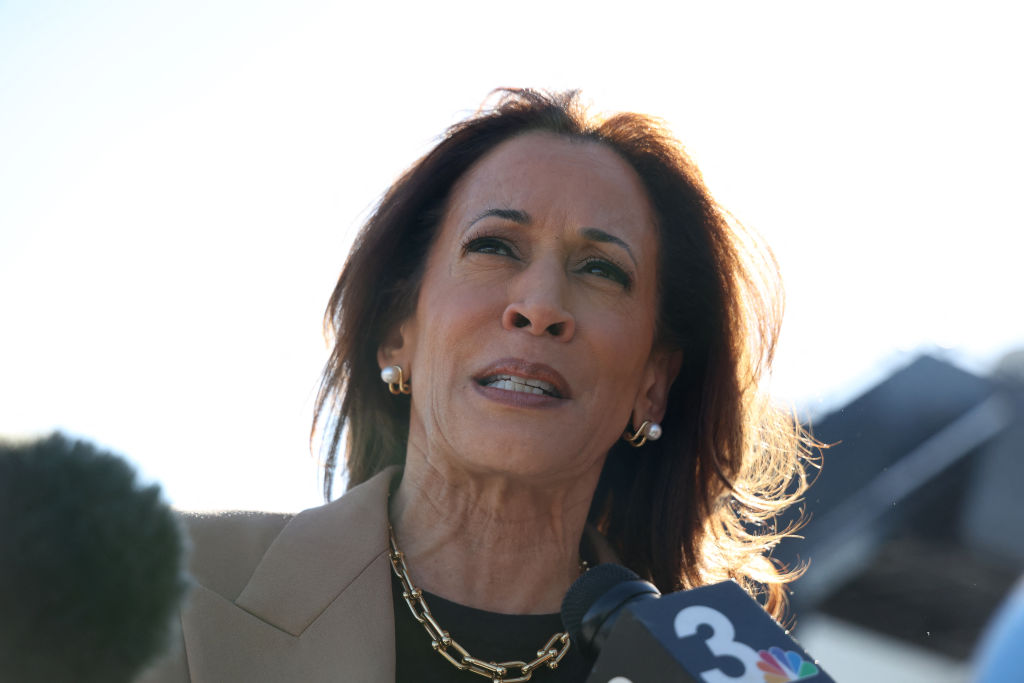








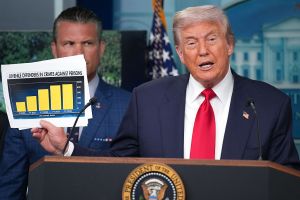


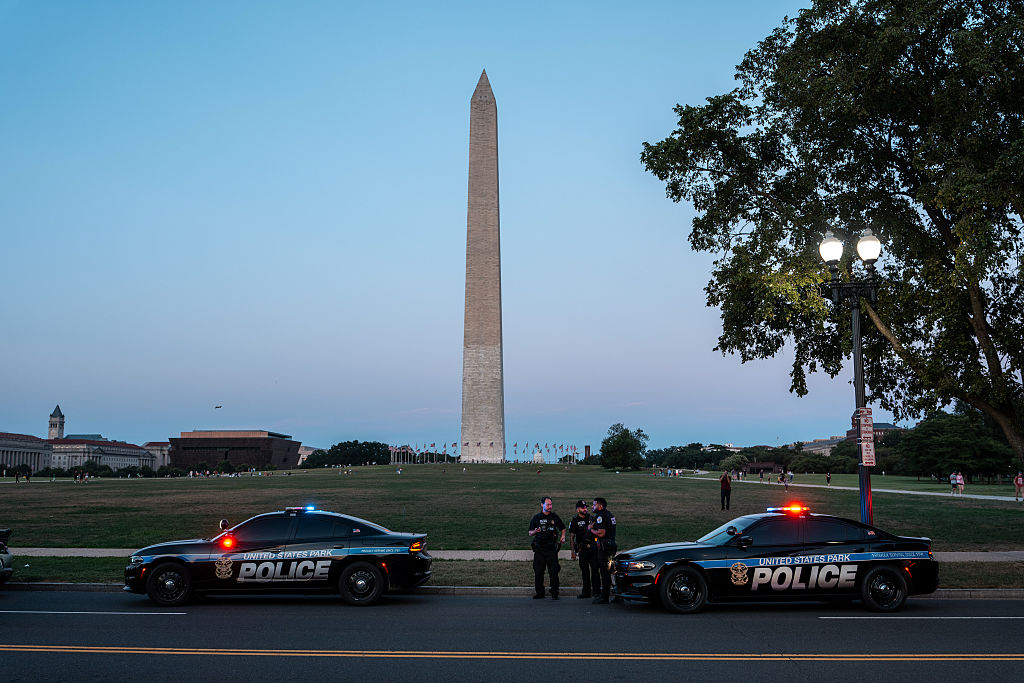
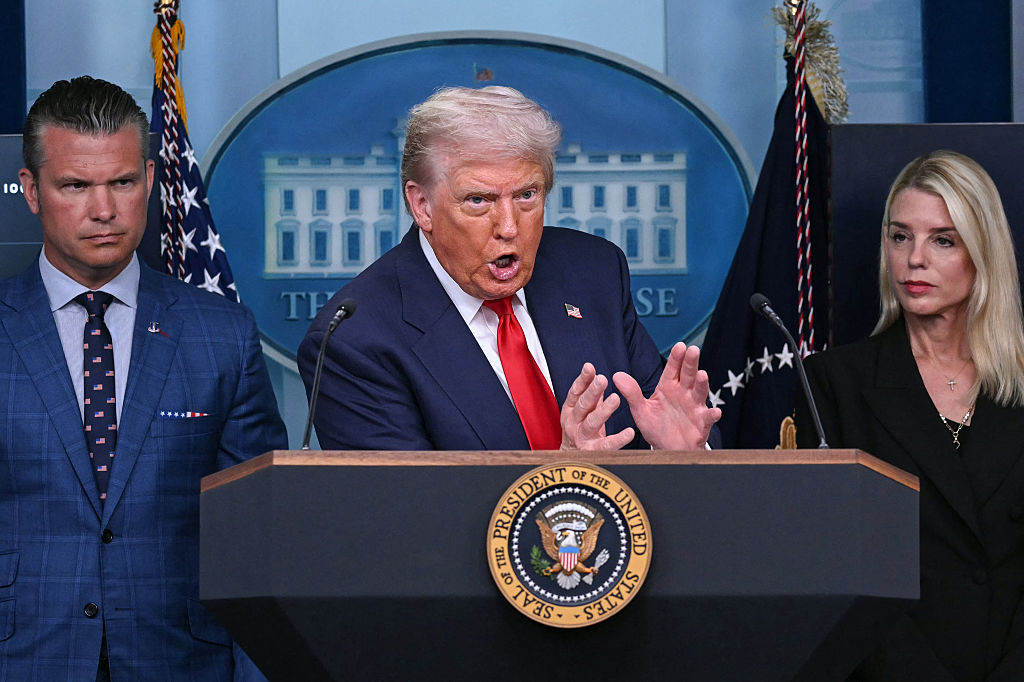

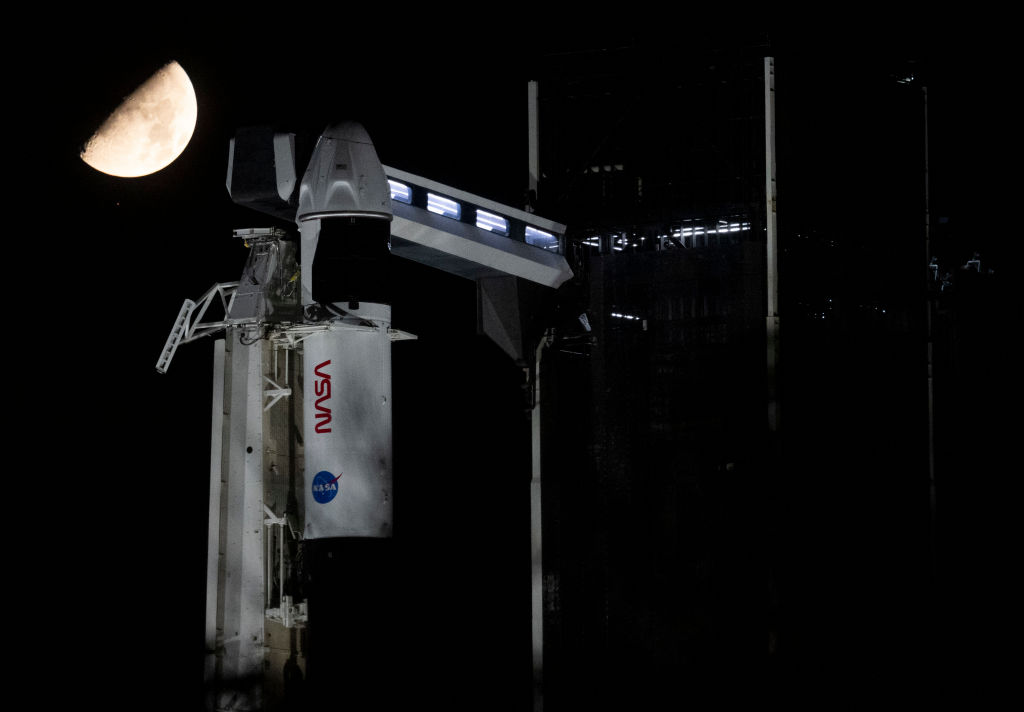







Leave a Reply